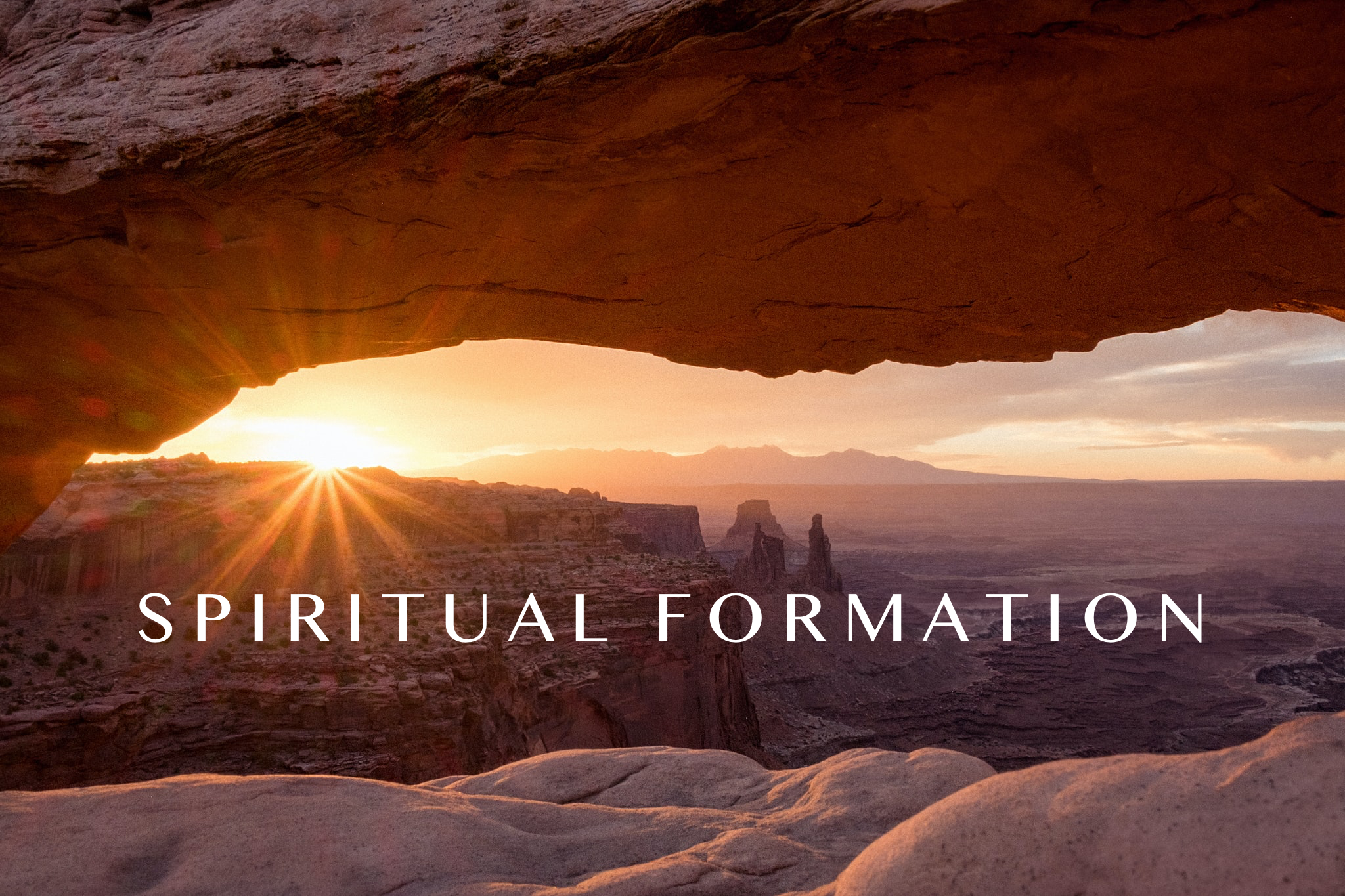
Teachers and Facilitators of Spiritual Formation
-
Teachers: Anchors of Theological Depth and Biblical Literacy
Teachers in Christian education or spiritual formation classes serve as:
Content specialists: They guide learners through Scripture, doctrine, church history, and spiritual writings with clarity and depth.
Mentors in faith: Their lives model the truths they teach, embodying the call to “be transformed by the renewing of your mind” (Romans 12:2).
Discerners of truth: They help participants navigate theological complexity, distinguishing sound doctrine from distortion.
Spiritual midwives: Especially in adult education, they support the birth of new insights, convictions, and commitments.
Importantly, Christian teaching is not just about knowing about God - it’s about knowing God. The teacher’s task is to point beyond themselves to the living Christ.
-
Facilitators: Guides of Experience, Dialogue, and Practice
Facilitators often lead spiritual practice classes (e.g., contemplative prayer, lectio divina, discernment groups), and their role is more experiential and relational:
Creating sacred space: They foster environments of trust, silence, and openness where participants can encounter God.
Encouraging participation: Rather than lecturing, they guide group reflection, dialogue, and shared spiritual exercises.
Listening deeply: They attend to the movement of the Spirit in the group, adapting the flow as needed.
Integrating life and faith: Facilitators help participants connect spiritual practices to daily living, making formation holistic.
Their work echoes Jesus’ own facilitation style - asking questions, telling stories, and drawing people into lived wisdom.
-
Shared Mission: Formation Over Information
Both roles contribute to the church’s mission of discipleship, but with different emphases:
Role - Primary Focus - Methodology - Outcome Sought
Teacher - Knowledge & theological depth - Structured instruction, study - Understanding, discernment
Facilitator - Experience & spiritual practice - Guided reflection, group process - Transformation, integration
Together, they reflect the dual rhythm of Christian formation: learning and living, knowing and being, study and surrender.
-